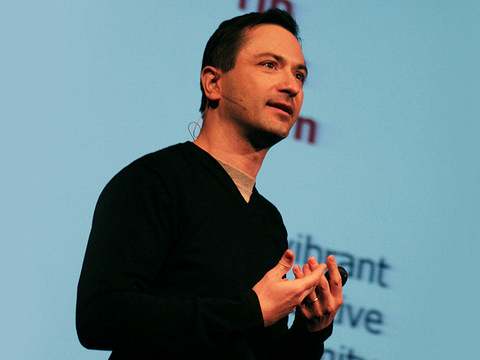How small lies turn into big lies, what everyday objects tell us about inequality, and robots that lend a helping hand during disasters
Just a few of the intriguing headlines involving members of the TED community this week: The cascading effect of small lies. Tali Sharot is the senior author on a paper published in Nature Neuroscience that sheds light on the possible slippery-slope effect of telling small, self-serving lies. Using an fMRI scanning device to monitor the […]
Continue reading
